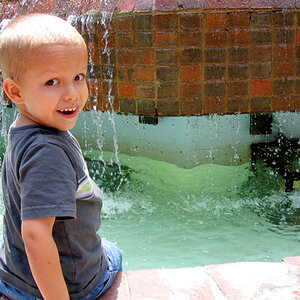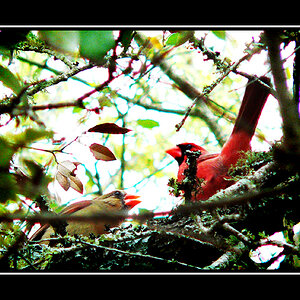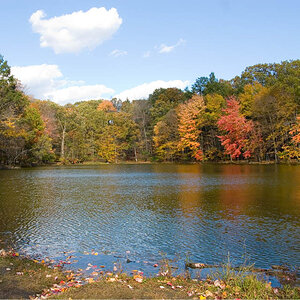jake337
Been spending a lot of time on here!
- Joined
- Jun 3, 2010
- Messages
- 4,274
- Reaction score
- 1,245
- Location
- minnesota
- Can others edit my Photos
- Photos OK to edit
I want to do this sometime too. These were all taken with a d70s(not by me of course)
the invisible light. - a set on Flickr
the invisible light. - a set on Flickr


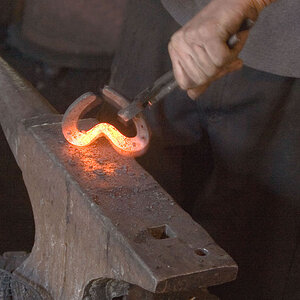
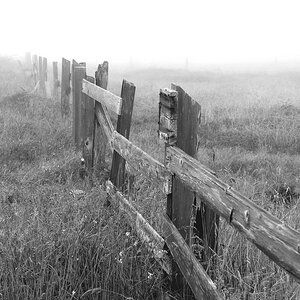

![[No title]](/data/xfmg/thumbnail/35/35948-700e0d840da0ca73727b1bd6d99b4142.jpg?1619737257)

![[No title]](/data/xfmg/thumbnail/35/35952-55c8d42ec1c6ff0e13b45356cbf9c068.jpg?1619737263)
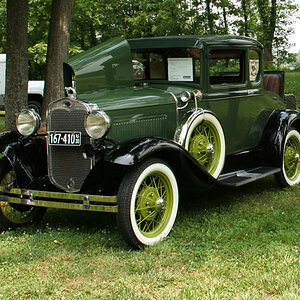
![[No title]](/data/xfmg/thumbnail/35/35955-01e9c8140cdcaac10d227d68e42ac0d4.jpg?1619737267)
